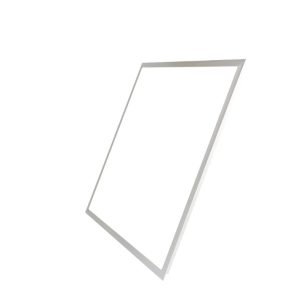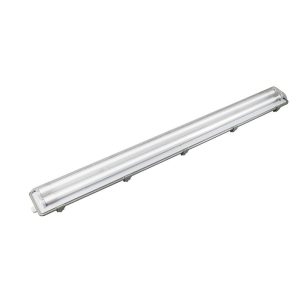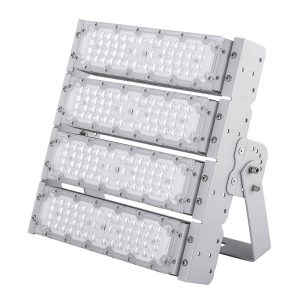With the rapid advancement of LED technology, the 5 mm LED bulb has emerged as a compact and efficient lighting solution for a variety of applications. This tiny bulb, measuring just 5 mm in diameter, packs a punch in terms of energy efficiency and versatility, making it a favorite among consumers and businesses alike.
Introduction to 5 mm LED Bulbs
The 5 mm LED bulb, also known as a SMD (Surface Mount Device) LED, is a type of LED light source that is designed to be extremely small and energy-efficient. These bulbs are typically used in indicator lighting, decorative lighting, and in devices where space is at a premium. Their compact size and high efficiency make them ideal for a wide range of applications, from consumer electronics to automotive and industrial settings.
Design and Construction
The design of the 5 mm LED bulb is quite simple, consisting of a small LED chip mounted on a tiny PCB (Printed Circuit Board). The LED chip is coated with a phosphor material that emits light when electricity passes through it. The PCB is usually encapsulated in a clear or colored plastic housing to protect the LED chip and provide a diffused light output.
The construction of the 5 mm LED bulb allows for easy integration into various products. The small size and lightweight design make them easy to install in tight spaces, and their low thermal resistance ensures that they do not overheat, even when used for extended periods.
Energy Efficiency
One of the primary advantages of the 5 mm LED bulb is its exceptional energy efficiency. These bulbs consume significantly less power than traditional incandescent bulbs, making them a more sustainable and cost-effective lighting solution. The typical efficiency of a 5 mm LED bulb is around 50 lumens per watt (LPW), which is much higher than the 10-15 LPW of a standard incandescent bulb.
This high efficiency is achieved through the use of advanced LED technology, which converts a higher percentage of electrical energy into light rather than heat. This not only reduces energy consumption but also prolongs the lifespan of the bulb, as it generates less heat that can damage the LED chip.
Applications
The 5 mm LED bulb finds applications in numerous industries and everyday products. Some of the common uses include:
– Consumer Electronics: These bulbs are often used in smartphones, tablets, and other portable devices for indicator lighting, such as power indicators, battery status, and other notification lights.
– Automotive: The compact size of the 5 mm LED bulb makes it suitable for automotive lighting, including dashboard illumination, brake lights, turn signals, and interior lighting.
– Industrial: In industrial settings, these bulbs are used for indicator lights, control panels, and other equipment that requires low-profile lighting solutions.
– Decorative Lighting: The small size and versatility of the 5 mm LED bulb make it ideal for decorative lighting applications, such as LED strips, pendants, and other decorative fixtures.
– Medical Equipment: The bulbs are also used in medical devices for indicator lighting, as they are safe and reliable for use in healthcare environments.
Market Trends
The market for 5 mm LED bulbs has been growing steadily, driven by the increasing demand for energy-efficient lighting solutions. As more consumers and businesses seek to reduce their energy consumption and carbon footprint, the demand for high-efficiency LED bulbs, including the 5 mm variety, is expected to continue rising.
Moreover, advancements in LED technology are leading to even more efficient and longer-lasting bulbs, further fueling market growth. The trend towards smart lighting systems, which can be controlled remotely or through voice commands, is also expected to boost the demand for 5 mm LED bulbs.
Challenges and Future Outlook
Despite the many advantages of 5 mm LED bulbs, there are challenges that the industry must overcome. One of the main challenges is the high cost of LED chips, which can make the bulbs more expensive than traditional lighting solutions. However, as the technology matures and production scales up, costs are expected to decrease.
Another challenge is the need for consistent quality control to ensure that the bulbs meet the required specifications. This is particularly important in industries where reliability is critical, such as automotive and medical.
Looking to the future, the 5 mm LED bulb is expected to continue its growth trajectory. As LED technology advances, we can expect to see even more efficient and versatile bulbs that can be integrated into an even wider range of applications. The future of the 5 mm LED bulb is bright, with endless possibilities for innovation and improvement.













Explore More from Queendom Lamp
Stay updated with the latest LED technology, lighting solutions, and industry insights.
Request a Quote About Queendom